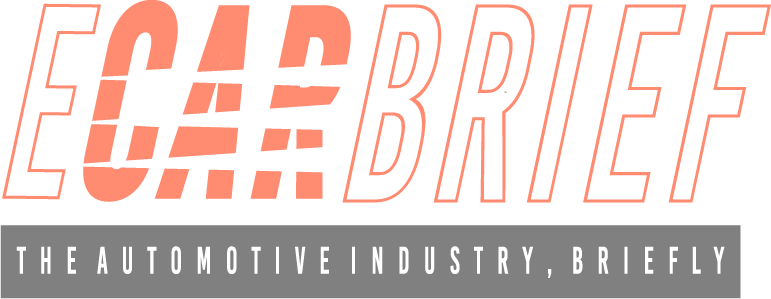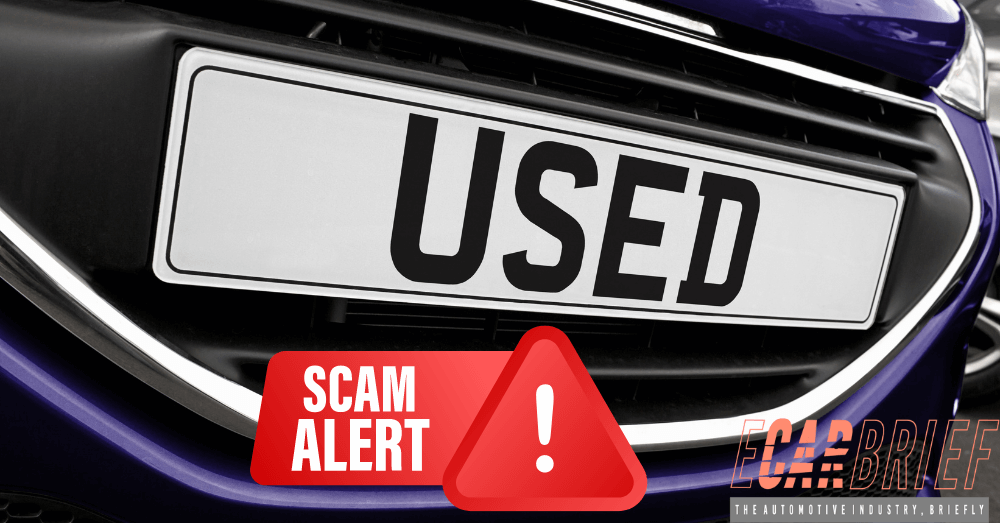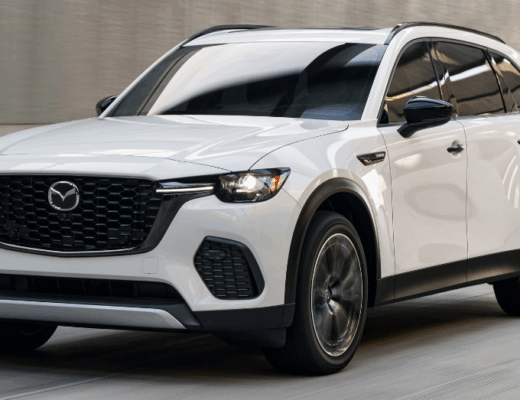When it comes time for shoppers to look for used cars, it’s tempting to avoid dealerships in hopes of securing a better deal. Thanks to websites like Craigslist and Facebook Marketplace, buying a car through private sales seems more appealing than ever. Unfortunately, with opportunity comes risk, thanks to scammers who want to take advantage of the situation.
Read on to learn more about the most common scams involving used cars and how to identify them.
Look For Red Flags
Regardless of whether you are buying or selling a pre-owned vehicle, there are a number of red flags. These warning signs may not always point to a bad deal, but they should draw your attention:
Watch Out For These Warning Signs When Selling Your Car
- Intentional overpayments: One of the most common scams is when a buyer will send you a check for more than the agreed-upon price. They’ll tell you that it was a mistake and ask you to refund the overage. In reality, the original check was a fake that won’t clear, and you’ll lose any money you send their way.
- Bad ACH transfers: a scammer may ask to send money to you via a digital bank transfer, only to tell you that the transfer was unauthorized and keep your vehicle without paying.
- Mobile deposits: a scammer may also ask to log into your mobile banking app in order to pay you, but they are actually trying to move money out of your account and into theirs.
- Future payments: a dishonest shopper may ask you to create a payment plan or wait until their next paycheck to give you money. That money is never coming
Watch Out For These Warning Signs When Buying a Used Car
- The price is too low: when used vehicles have prices too good to be true, that’s a sign that something is wrong. Scammers will post pictures of fancy or high-desired cars at low prices. When you call to get a great deal, they’ll try to get you to wire money without seeing the car, the car that doesn’t exist.
- Fraudulent escrow: escrow services are a fantastic way to protect money during a financial transaction. Scammers often try to get you to transfer money to a fake escrow service before sending you the car. Once the money clears, the seller will disappear.
- Pressure to buy unseen: anytime a seller tries to get your money without letting you see the car, It’s a red flag. These crooks may even offer fake inspection reports for their fake car.
How To Avoid Scams When Selling Your Car
If you’ve ever posted something for sale online, you’re well aware of the countless messages you’ll get. Many of these inquiries are meant to take advantage of you. To avoid problems and proceed with caution, here are a few steps you can take:
- Meet buyers in person: you never know if someone you talk to online is real. Meet in a public location and bring someone you trust to avoid being alone with a stranger.
- Only accept cash or certified checks: When possible, meet at the buyer’s bank to ensure that you get a legitimate check.
- Use an escrow account: if someone is buying your car from out of town, have them place money into an escrow account. Wait until the funds are verified before releasing the car.
How to Avoid Scams When Buying a Used Car
Finding great deals on used cars puts you in a vulnerable position. Here are some tips to help keep your money safe:
- Have the car inspected by a trusted mechanic. This simple task can give you tons of insight into the state of the car.
- Recognize that online marketplaces may not be able to guarantee a sale. These sites cannot prove that a seller is real.
- Check for any liens on the vehicle: A lien is when someone else, like a bank or credit union, has a claim to an unpaid loan. Make sure that any liens are released before buying the vehicle.
- Perform a vehicle history check: a simple report from CarFax, Auto Check, or Vin Check Pro will give you insight into the history of the vehicle, including how it was maintained.</.li>
Stick With The Pros
If all of the various scams and tricks seem scary, that’s because they are. Scammers take advantage of those buying and selling used cars every day. One of the best ways to avoid potential scams is to work with a reputable car dealership.
Dealers who work with used cars have to follow regulations and have accountability that doesn’t exist with private sales. Regardless of where you buy/sell used cars, make sure to do your homework and keep your eyes open to potential scams.
This post may contain affiliate links. Meaning a commission is given should you decide to make a purchase through these links, at no cost to you. All products shown are researched and tested to give an accurate review for you.




